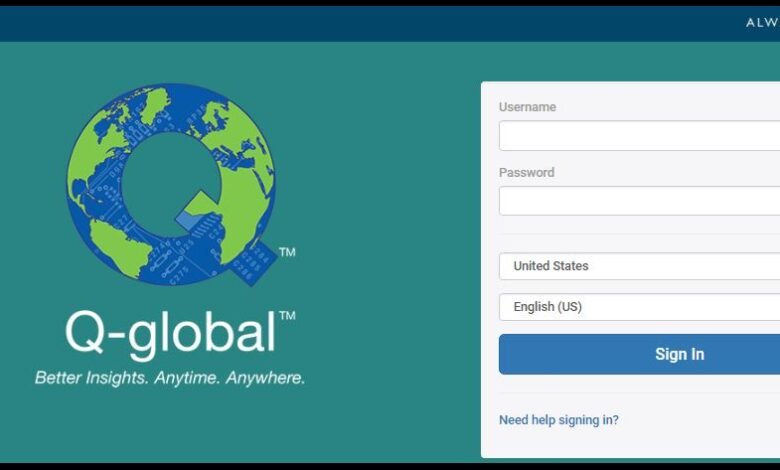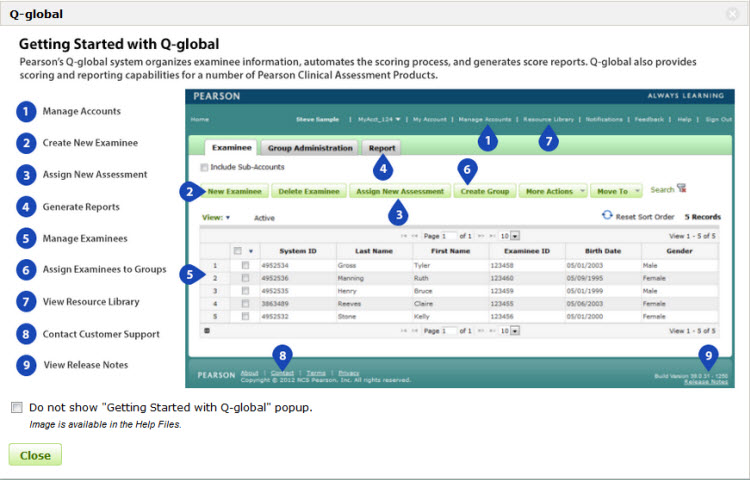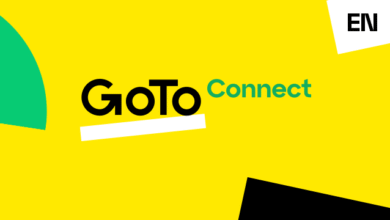Q Global: The Comprehensive Guide to Understanding Pearson’s Digital Assessment Platform

Introduction to Q Global
If you’ve ever been involved in the world of psychological testing, education, or human resources, chances are you’ve heard the name Q Global floating around. But what exactly is it? At its core, Q Global is a web-based platform developed by Pearson—yes, the same Pearson known for its educational tools and testing systems worldwide. It’s designed to deliver, score, and report psychological and educational assessments without the hassle of traditional paper-based methods.
The magic of Q Global lies in its ability to centralize everything in one neat platform. Whether you’re administering a personality test to evaluate a job candidate or conducting a cognitive skills assessment for a student, the system makes it possible to handle it all online. No more stacks of forms, no more manual scoring — just a streamlined process that professionals can rely on.
What makes Q Global stand out is its versatility. It’s not tied to just one type of test or profession. From school psychologists and clinical therapists to corporate HR managers, the platform is a universal tool for those who need accurate and efficient assessment solutions.
How Q Global Works

Understanding how Q Global operates is key to unlocking its full potential. Think of it as a secure digital workspace where you can choose an assessment, send it to the participant, and get the results instantly once they’re done. The system is cloud-based, meaning you can access it anytime, anywhere, as long as you have an internet connection.
First, the administrator selects a test from Pearson’s extensive library. This could range from cognitive ability tests like the WAIS-IV to behavioral assessments like the MMPI-2. Once selected, they can assign the test to a client or student via email. The recipient then completes it online — often from the comfort of their own home. Once finished, Q Global automatically scores the test and generates a detailed report for the administrator.
The platform is designed with security in mind. Data is encrypted and compliant with privacy regulations like HIPAA and FERPA, ensuring sensitive results remain confidential. This level of security is one of the main reasons why so many institutions trust Q Global for critical assessments.
Types of Assessments Available on Q Global
One of the most appealing features of Q Global is the vast range of assessments it offers. Pearson has developed and licensed hundreds of tests over the years, and many of them are available through this digital platform.
For example, in educational settings, professionals can use assessments like the WIAT-4 to measure academic achievement or the WISC-V for cognitive abilities in children. These tools help identify learning disabilities, giftedness, and other educational needs.
In clinical psychology, Q Global hosts a range of mental health evaluations, such as the Beck Depression Inventory or the Millon Clinical Multiaxial Inventory. These help clinicians diagnose and track mental health conditions with greater accuracy and efficiency.
The corporate world also benefits from Q Global. Pre-employment personality tests, leadership potential assessments, and workplace behavior inventories are all part of the package. This makes it easier for HR departments to make data-driven hiring and promotion decisions.
Benefits of Using Q Global
The advantages of Q Global go far beyond just convenience. One of the most obvious benefits is time savings. Manual scoring of tests can take hours — sometimes even days — depending on the complexity. Q Global does it in seconds, allowing professionals to focus on interpreting results rather than crunching numbers.
Another benefit is accuracy. Human error in scoring is a real problem in traditional testing methods. A misplaced number or calculation error could significantly alter results. With Q Global’s automated scoring, these risks are virtually eliminated.
Finally, there’s the professional presentation of reports. Q Global doesn’t just spit out raw scores — it provides visually appealing, easy-to-read reports that can be shared with clients, parents, or other stakeholders. This not only improves communication but also boosts the credibility of the professional using the tool.
Challenges and Limitations
No system is perfect, and Q Global is no exception. While it’s a powerful tool, there are certain limitations to be aware of. One common challenge is internet dependency. Since Q Global is entirely cloud-based, a stable connection is essential. In rural areas or locations with poor internet infrastructure, this can be a serious obstacle.
Another limitation is the learning curve. For professionals who are used to paper-based assessments, adapting to a fully digital system can be intimidating at first. Pearson does provide training materials and support, but it still takes time to become comfortable navigating the platform.
Lastly, there’s the cost factor. While Q Global is efficient and feature-rich, its pricing can be prohibitive for smaller practices or schools with limited budgets. Assessments and scoring credits must be purchased separately, which can add up quickly for high-volume users.
Security and Privacy on Q Global
In the digital age, data privacy is non-negotiable — especially when dealing with sensitive psychological or educational information. Q Global addresses this by using bank-level encryption and following strict compliance protocols.
The platform is HIPAA-compliant for healthcare professionals and FERPA-compliant for educational institutions. This means personal data, test scores, and client information are stored and transmitted securely. Pearson also maintains regular audits to ensure the platform meets evolving security standards.
Another reassuring feature is controlled access. Administrators can set user permissions, meaning only authorized personnel can view or manage certain data. This is crucial in larger organizations where multiple professionals share the same account.
Future of Q Global
As technology continues to advance, platforms like Q Global are expected to become even more integrated into professional practice. Artificial intelligence could eventually be incorporated to provide deeper insights and predictive analytics based on assessment data. Imagine a system that not only scores a test but also suggests intervention strategies or learning plans.
There’s also potential for virtual reality (VR) and gamified testing to enter the Q Global ecosystem. This could make assessments more engaging, especially for children, while still maintaining scientific validity.
The demand for remote testing — already boosted by the pandemic — shows no signs of slowing down. Q Global is well-positioned to meet this demand and expand its capabilities for years to come.
Conclusion
Q Global is more than just a digital testing platform — it’s a game changer for professionals in education, psychology, and human resources. By combining efficiency, accuracy, and security, it allows practitioners to focus on what really matters: helping people reach their potential.
While it’s not without its challenges, the benefits far outweigh the drawbacks. For anyone who regularly administers assessments, Q Global offers a modern, reliable, and forward-thinking solution that’s hard to beat. And with technology evolving rapidly, we can only expect it to get even better in the years ahead.


